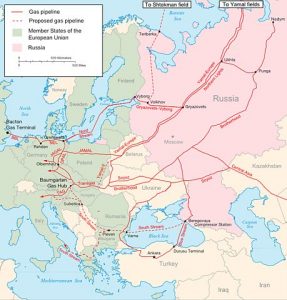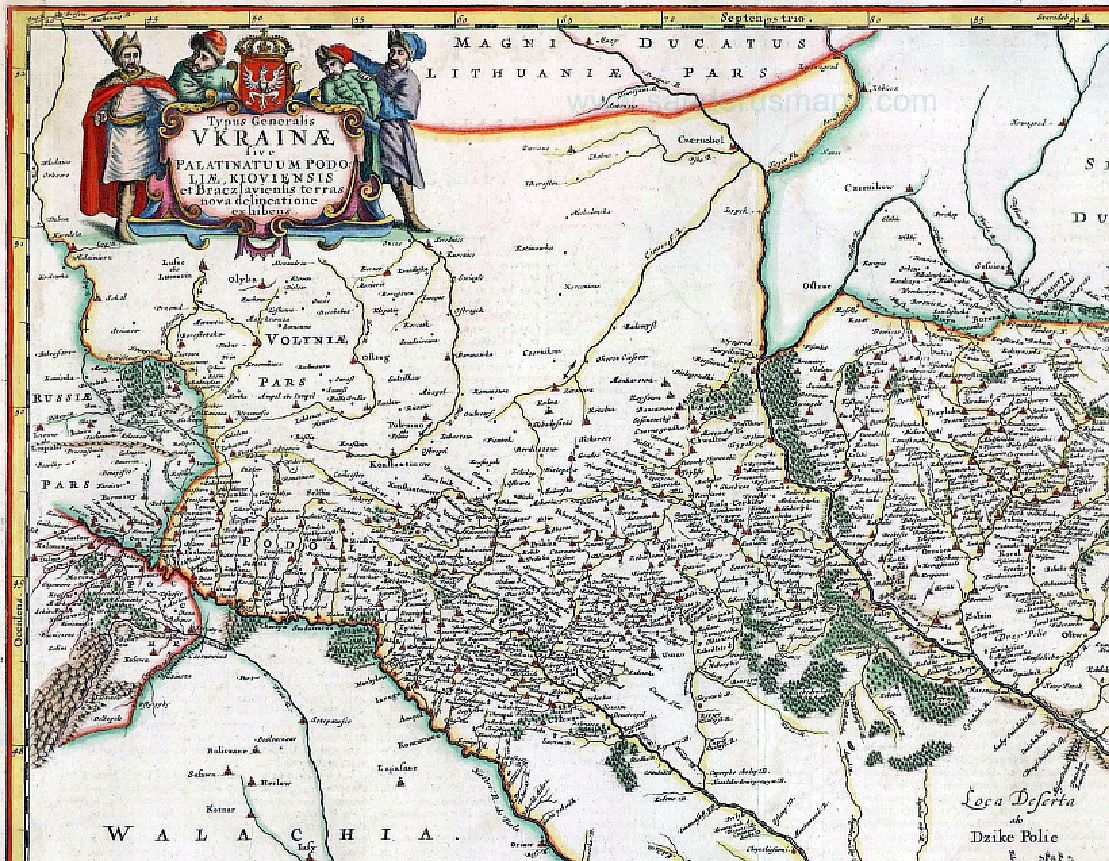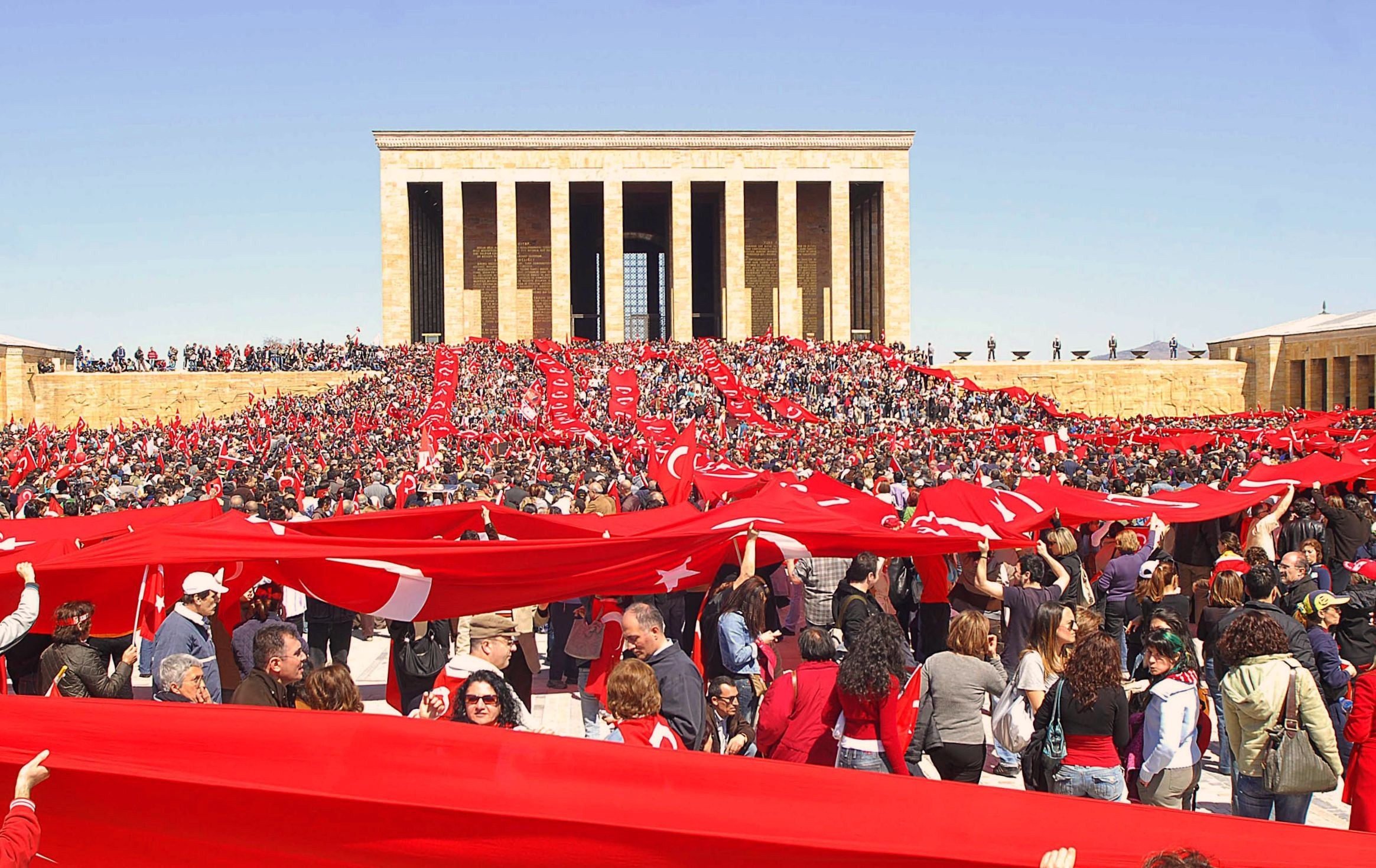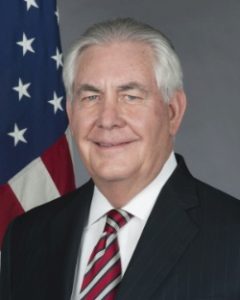 [NB: Note the byline; I began writing this as one of my Minority Report pieces; it’s been in my Work In Progress folder for nearly two years, and an unfinished draft here at emptywheel for 18 months. I left off work on it well before the final Special Counsel’s Report was published. This post’s content has become more relevant even if it’s not entirely complete, needing more meat in some areas, and now requiring the last two-plus years of fossil fuel-related developments and events related to the U.S.-Ukraine-Russia triangle after the 2016 U.S. general election. /~Rayne]
[NB: Note the byline; I began writing this as one of my Minority Report pieces; it’s been in my Work In Progress folder for nearly two years, and an unfinished draft here at emptywheel for 18 months. I left off work on it well before the final Special Counsel’s Report was published. This post’s content has become more relevant even if it’s not entirely complete, needing more meat in some areas, and now requiring the last two-plus years of fossil fuel-related developments and events related to the U.S.-Ukraine-Russia triangle after the 2016 U.S. general election. /~Rayne]
This post looks at the possibility that the hacking of U.S. election system and events affecting the election’s outcome are part of a much larger picture — one in which NATO figures large, and the future of energy figures even larger.
One could attribute Russian attempts at hacking and influencing the 2016 general election to retaliation for the CIA’s involvement in Ukraine, or to a personal vendetta against former Secretary of State Hillary Clinton with regard to Ukraine ahead of the Maidan revolt, or to rousing anti-Putin sentiment in Russia:
… Five years ago, he blamed Secretary of State Hillary Clinton for the anti-Kremlin protests in Moscow’s Bolotnaya Square. “She set the tone for some of our actors in the country and gave the signal,” Putin said. “They heard this and, with the support of the U.S. State Department, began active work.” (No evidence was provided for the accusation.) …
But after looking at the mission and history of NATO, the integral role of natural gas to Europe’s industry and continuity, Ukraine’s role as a conduit for Russian gas to European states, one might come to a very different conclusion.
Especially given the death of Alexander Litvinenko on UK soil by radioactive poisoning and the downing of Malaysian Air flight 17, a passenger plane carrying passengers who lived across several NATO countries.
Has the U.S. been asked to provide protection to European NATO members’ supply of fossil fuels transiting Ukraine? Has the U.S. been asked during the last two administrations to push back on Russia because of incursions related to energy?
What makes Ukraine so different from Belarus, Georgia, Lithuania, and Moldova, which also have pipelines carrying Russian gas and experienced price disputes — is it the percentage of energy supplied to EU states crossing Ukraine in comparison? Of these four countries, only Lithuania is a NATO member.
How does tiny Montenegro, the newest NATO member state, fit into this picture?
NATO
In 1949, twelve North American and European countries signed a treaty creating an intergovernmental military alliance, the North Atlantic Treaty Organization (NATO). They pledged a collective system of mutual defense against external forces attacking any one or all of its member states. The alliance has grown over the years to 29 nation-states with Bosnia and Herzegovina, Georgia, North Macedonia and Ukraine having expressed interest in joining. Each member state commits to spending at least 2% of its GDP on defense spending to support the organization’s mission.
It’s critical to note NATO members agreed under the treaty’s Article V that an ‘armed’ attack against any member in North America or Europe would be considered an attack against all of them. Response to an attack upon a NATO member does not require armed or military force. Over time, threats to NATO states were not limited to armed attacks; they were economic in the case of fuel pipeline shutdowns.
In the digital age, what is an armed attack, especially if both sides call it “cyber warfare” or “information warfare”?
FOSSIL FUELS
Like the U.S., Europe has been entirely too reliant on fossil fuels. It has been far too lax in governance when it comes to resulting pollution let alone political and economic volatility related to fossil fuel use. Volkswagen’s Dieselgate scandal and the EU’s slow response to VW’s fraud and resulting air pollution offer a perfect example.
While Europe has made substantive headway to reduce fossil fuels and replace them with alternatives — Germany, for example, drew 30% of its energy from non-fossil fuel alternatives in 2014 — until the EU has completely eliminated fossil fuels including natural gas it will be vulnerable to pressure by Russia and other fossil fuel-rich countries. It has been too easy for Russia to threaten the EU and Ukraine alike by simply throttling the flow of natural gas through Ukraine’s major pipelines originating in Russia.
But this is not the only front; the “long war” (pdf) across the middle east and northern Africa is also driven by competition for fossil fuels. So, too, is much of the instability in South and central America, and increasingly in North America as the population rejects fracking, shale extraction, and related pipeline installation.
There is only one true solution to socio-economic volatility caused by fossil fuels: development and implementation of alternative energy resources which are not reliant on extraction, nor limited tightly by resource location (ex: cobalt (from DRC), lithium (South America), uranium (Australia, Canada, others)). The amount we have spent on warfare to preserve fossil fuel’s status quo would have paid for this many times over, and we might have had better education and health care along with it. NATO’s EU states could not be threatened by the loss of natural gas from Russia if it could rely entirely on renewable alternatives produced inside the EU.
Magnitsky Act and retaliation
One other key question arises from this timeline. In addition to all the other tension and conflicts between the U.S. and its NATO allies and Russia, note the passage of the U.S. Magnitsky Act of 2012 and the Russians’ corresponding retaliatory sanction which stopped all further adoptions of Russian children by U.S. parents. If the adoption issue is itself a retaliatory sanction and reversing or changing this Russian sanction requires changing or lifting the U.S. Magnitsky Act, didn’t Donnie Jr.’s June 9 talk during the campaign season with Natalia Veselnitskaya about resuming adoptions under a Trump presidency mean Donnie Jr. conspired or negotiated with a foreign government in a dispute with the U.S. — a violation of the Logan Act? Wasn’t the issue of adoptions merely cover — a coded alternative term — for negotiating Magnitsky Act and other Russian sanctions prior to the election?
Timeline: NATO and Ukraine
1949 — North Atlantic Treaty signed.
1982-1984 — Urengoy-Uzhgorod-Germany pipeline constructed; it provides transcontinental transport of gas from Western Siberia to Western Europe. The Reagan administration did not support this pipeline, preventing U.S. companies from selling construction materials to the Soviets partly in protest against the Soviets’ policies toward Poland and partly due to the perceive imbalance of trade the pipeline would create in Europe’s energy market. European countries did not respect the U.S.’ boycott of the pipeline, resulting in sanctions against some European companies.
15-DEC-1983 — A fire broke out at a compressor station in Urengoy, USSR in western Siberia. Construction of the pipeline was still underway. (Cause of the fire not clear from available resources.)
1985 — Vladimir Putin was stationed by KGB to Dresden — located north of the western end of the Uzhgorod-Waidhaus pipeline — after Urengoy-Uzhgorod-Germany pipeline began operation.
19-NOV-1990 — Treaty on Conventional Armed Forces in Europe was signed, setting limits of weaponry between North Atlantic Treaty Organization (NATO) and the Warsaw Pact states.
26-DEC-1991 — USSR was dissolved; the Commonwealth of Independent States (CIS) formed in its wake from some of the former Soviet Union’s members. The Baltic states of Estonia, Latvia and Lithuania elected not to join CIS.
1992-1994 — Russia suspended natural gas to Ukraine for non-payment several times over the course of two years.
XX-SEP-1993 — (into November 1994) Ukrainian companies diverted natural gas from pipelines several times. The reasons for the diversions are not clear; was gas diverted in lieu of transit tariffs, topping off reserves, or due to local shortages?
XX-SEP-1993 — Russia’s Boris Yeltsin offered a deal to Ukraine’s Leonid Kravchuck: Ukrainian debts would be forgiven in exchange for control of the Black Sea Fleet and Ukraine’s nuclear arsenal. The deal is scrapped after negative feedback from Ukrainian politicians. (pdf, pg 19)
XX-MAR-1994 — Tentative agreement made that Russia could acquire a 51% state in the Ukraine pipeline system.
1995 — Early in the year, Russia and Ukraine agreed to form a joint venture, Gaztransit, which would operate pipeline system in exchange for write down of Ukraine debt to Russia.
XX-NOV-1995 — Ukraine’s parliament banned privatization of oil and gas assets. The agreement for Gaztransit was never implemented nor was debt forgiven.
1997 — Hungary, the Czech Republic, and Poland were invited to join NATO.
1998 — A new contract between Gazprom and Naftohaz was written linking gas prices and transit tariffs but did not resolve pre-existing gas debts. Later the same year, Gazprom claimed Ukraine diverted gas and owed USD$2.8 billion, suspending oil and gas exports to Ukraine for 1999.
1999 — Hungary, the Czech Republic, and Poland became NATO members (pdf).
2000 — Ukraine’s Deputy Prime Minister Oleh Dubyna acknowledged that 7-8 billion cubic meters of Russian natural gas were diverted from pipelines before export that year. (pdf, pg 22)
04-OCT-2001 — 2001 Transit Agreement signed, settling the debt between Ukraine and Russia. (pdf, pg 22)
2002 — Estonia, Latvia, Lithuania, Slovenia, Slovakia, Bulgaria, and Romania were invited to join NATO.
2004 — (April?) Estonia, Latvia, Lithuania, Slovenia, Slovakia, Bulgaria, and Romania became members.
XX-JUL-2004 — Ukraine’s debt of USD$1.25 billion for gas was settled with Gazprom and NAK Naftogaz. Ukraine may have been importing more gas from Turkmenistan.
22-NOV-2004 — Orange Revolution began.
23-JAN-2005 — Orange Revolution ended; Ukraine was one of three Commonwealth of Independent States to experience a “color revolution” between 2003-2005.
24-JAN-2005 – Yulia Tymoshenko takes office as Ukraine’s 10th prime minister; she is a proponent of Ukraine joining the EU and NATO.
08-SEP-2005 – President Viktor Yushchenko fires Tymoshenko and her government; observers believe this is political trumpery targeting Tymoshenko.
01-NOV-2006 — Former FSB officer Alexander Litvinenko was poisoned with radioactive PO-210 and died a few weeks later on 23-NOV. Litvinenko met former KGB members Andrei Lugovoy and Dmitry Kovtun at the Millennium Hotel in London’s Grosvenor Square where it is believed he drank tea containing the poison. Multiple byzantine theories about Litvinenko’s death arose.
28/29-NOV-2006 — Energy security was a key topic at NATO’s Riga, Latvia summit. Efforts aimed at a bilateral discussion with Vladimir Putin on the topic of energy security during this summit fell through. From RFERL on the joint summit declaration:
The Riga summit declaration breaks new ground with a reference to energy, saying the alliance recognizes its security can be affected “by the disruption of the flow of vital resources.” NATO undertakes to study the risks and identify areas where it could “add value” to its members’ relevant security interests.
07-MAY-2007 — Urengoy-Uzhgorod-Germany pipeline exploded near Boyarka in central Ukraine, just west of Kyiv/Kiev. Gazprom said the 30-meter break in pipe would not cause a disruption in gas delivery.
22-MAY-2007 — UK determined Andrei Lugovoy should be charged and tried for Litvinenko’s murder, then asked Russia to extradite Lugovoy in relation to Litvinenko’s death.
05-JUL-2007 — Russia refused to extradite Lugovoy due to the terms of its constitution. This perceived lack of cooperation may have discouraged relations between UK and Russia.
02-OCT-2007 — ‘Gazprom may cut gas to Ukraine‘ due to debt of USD$1.3B
08-OCT-2007 — ‘Ukraine settles Russian gas row‘
18-DEC-2007 — Yulia Tymoshenko takes office as Ukraine’s 13th prime minister.
05-JAN-2008 — ‘Gazprom threatens Ukraine gas cut‘; Gazprom said it would throttle gas on 11-JAN if USD$1.5B still not paid.
12-FEB-2008 — ‘Russian, Ukraine gas deal averts crisis’ reported after Putin and Yuschenko announce an agreement in which Ukraine would pay for Nov-Dec 2007 gas and USD$179.5/1000cm would be maintained through 2008. They also announced the formation of new energy intermediary companies as a JV between Gazprom and Ukraine’s Naftohaz.
04-APR-2008 — Accession of Croatia and Albania addressed at Bucharest summit in April. NATO pledges Georgia and Ukraine will someday become members but are not invited to this summit. Czech Republic agrees to the installation of a U.S. missile defense radar tracking system. Installation of 10 interceptor missiles in Poland remains in negotiation.
18-AUG-2008 — Georgia exited the Commonwealth of Independent States as a result of the five-day Russo-Georgian War in early August.
XX-APR-2009 — Croatia and Albania become NATO members.
27-JUN-2010 — Illegals Program spy ring broken with arrest of 10 Russian spies including Anna Chapman.
09-JUL-2010 — All 10 Illegals Program spies arrested in US were swapped in Vienna for four Russian nationals. Two other spies had left the US before they could be arrested.
XX-OCT-2011 — Litvinenko’s widow Marina won the right to an coroner’s inquest in London; the inquest is delayed repeatedly. She insisted her deceased husband had worked with UK’s MI6 after fleeing to the UK in 2000.
24-FEB-2012 — ‘Russia threatens Ukraine over gas‘ after a shortfall of gas to EU through Ukraine during a severe cold snap. It’s not clear what caused the shortfall; Russia may try to run around Ukraine by way of the South Stream pipeline to avoid future disruptions blamed on Ukraine’s state oil and gas company, Naftogaz Ukrainy. The conflict could be a head fake to mask Gasprom’s inability to respond to rapid short-term uptick in gas demand in Europe.
19-JUL-2012 — Magnitsky Act was introduced in the House.
14-DEC-2012 — President Obama signed the Magnitsky Act into law.
XX-MAY-2013 — (into JUL-2013) Coroner decided a public inquiry into Litvinenko’s death would be better than an inquest. Ministers rule out the request for an inquiry.
11-FEB-2014 — UK’s High Court rules Home Office in the wrong to decided against a public inquiry into Litvinenko’s death.
18/23-FEB-2014 — Protests erupt in the Maidan Nezalezhnosti (Maidan Square) in Kyiv.
01-MAR-2014 — Russia’s parliament approved the use of troops in Ukraine.
01-APR-2014 — (Related/unrelated?) Russia’s GLONASS satellite location system is offline beginning at midnight and not fully back up for 12 hours. No initial cause reported though some months later the outage its blamed on software update.
14-MAY-2014 — An alleged terrorist attack blamed for a gas pipeline explosion near Ivano-Frankivsk, Ukraine.
17-JUN-2014 — Urengoy-Uzhgorod-Germany pipeline exploded near Poltave in central Ukraine, located ~240 miles northwest of Donetsk and ~210 miles southeast of Kyiv/Kiev.
17-JUL-2014 — Malaysia Air flight MH17 downed over eastern Ukraine by a missile.
01-DEC-2014 — Vladimir Putin cancels the South Stream pipeline project running from Russia through the Black Sea to northern Bulgaria. (Recall Bulgaria became a NATO member in 2004.)
01-DEC-2014 — Gazprom signed signed a Memorandum of Understanding with Turkish BOTAŞ for construction of a new gas pipeline running beneath the Black Sea from Russia to the Turkey-Greece border. Part of the deal includes providing Russia gas to Turkey with the rest shipping to the European market.
26-JAN-2015 — Evgeny Buryakov was arrested for acting as an unregistered foreign agent and conspiracy; his counterparts Victor Podobnyy and Igor Sporychev had already fled the country.
27-JAN-2015 — A public inquest began into the death of Alexander Litvinenko.
21-JAN-2016 — UK public inquest into the death of Alexander Litvinenko concluded it was an FSB operation likely approved by Putin.
11-MAR-2016 — Evgeny Buryakov pleaded guilty to begin a 30-month sentence.
28-MAR-2016 — Paul Manafort joins the Trump campaign.
06-JUN-2016 — Donnie Trump Jr. meets with Russian attorney Nataliya Veselnitskaya ostensibly to discuss Russia’s ban on adoptions of Russian children by Americans.
10/18-JUL-2016 — In the run up to Trump’s nomination at the Republican National Convention, the Republican Party’s platform on Ukraine was ‘softened’; the final wording said the U.S. would provide “appropriate assistance” to Ukraine and “greater coordination with NATO defense planning” instead of “lethal” assistance. The wording was changed to coordinate with Trump’s position, in contrast with that of the original proposed by an RNC delegate.






 It knows everything and always willing to share.
It knows everything and always willing to share.